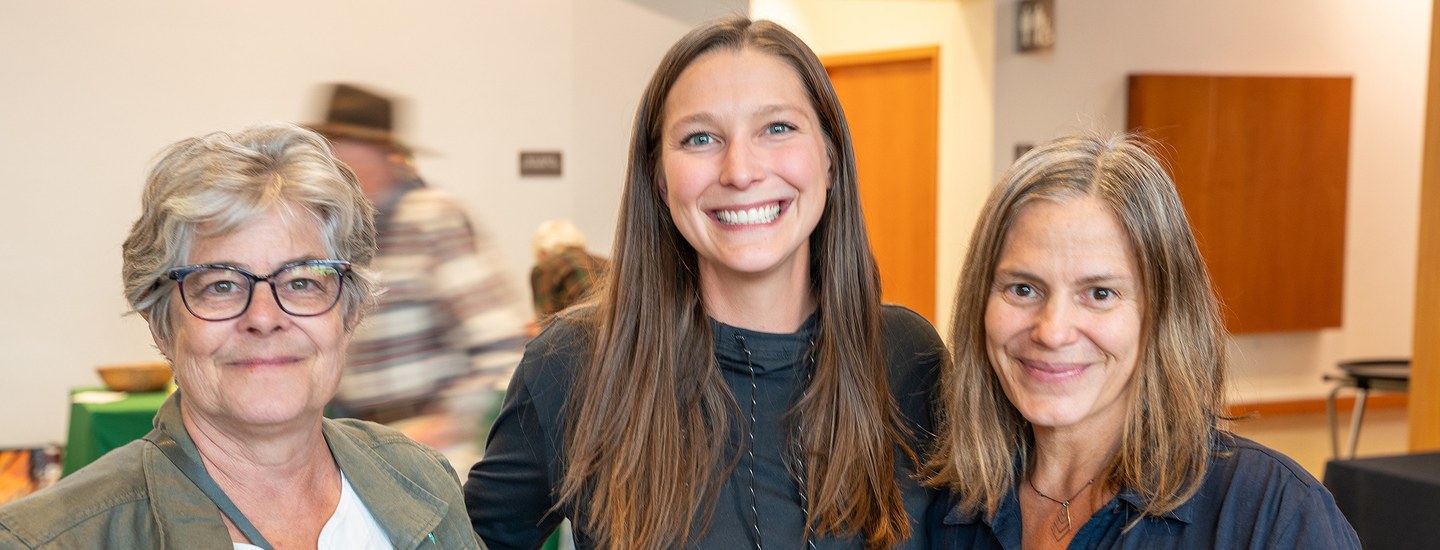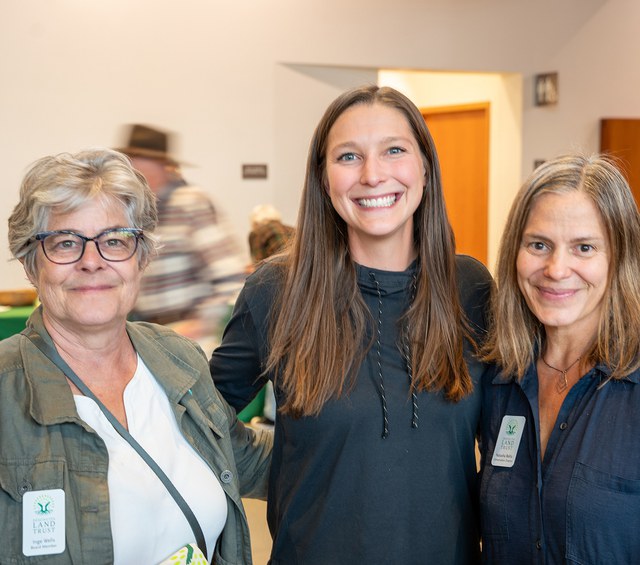Other Investment Opportunities
If you are interested in investing in the Land Trust in other ways that an annual cash gift, consider:
- Gifts of Stock. Many individuals prefer to contribute stock, rather than writing a check from current income, to fulfill their annual gift. By giving appreciated property (for example, stocks or bonds) you can avoid paying capital gains taxes on the appreciation, receive a tax deduction on the full value of the gift, and support the Deschutes Land Trust at a lower cost. Find out how to make a stock transfer to the Land Trust.
- Gifts from your IRA. If you are 72 or older, you can make a charitable gift from your IRA without counting those gifts as part of your adjusted gross income. Charitable contributions can be made up to a maximum of $100,000, from eligible retirement accounts including traditional IRAs and Roth IRAs. Gifts must come directly from your IRA administrator.
- Gifts of Land. Real estate can be expensive to maintain or difficult to sell—and if it has appreciated greatly in value, its sale can lead to substantial capital gains taxes. A gift of land to the Land Trust removes what can be a burden for some landowners, and it gives the donor certain charitable deductions.
- Donation of Remainder Interest. A gift of a remainder interest, or a gift of land with a “reserved life estate,” reserves to the donor and any other named persons the right to continue living on and using the property during their lifetimes. At the end of the specified life interests, full title and control of the property automatically transfers to the Land Trust. The Land Trust then evaluates the most appropriate means of conserving the property, consistent with the donor’s intent.
- Charitable Remainder Trusts (CRT). With a CRT, the donor transfers land or other property to the CRT and then the trustees of the CRT sell the property and reinvest the proceeds. The donor receives an income tax deduction, and there is no capital gains tax due when the property is sold. The trustees then make regular payments to the donor and/or other designated beneficiaries. Once the life interests end, the trustees distribute the CRT’s assets to the Land Trust and any other named charitable beneficiaries.
- Bequests. Bequests can be used to endow an annual contribution, to conserve land, or to make a special gift that will enhance the Land Trust’s ability to protect more land in the future. Donors can also use their wills to establish a charitable gift annuity or charitable remainder trust that will provide income to their heirs—and long-term support to the Land Trust. Download the Deschutes Land Trust Bequest language to give to your financial advisor.
As with any sizable gift to a charitable organization, it is important that you obtain professional advice. The Land Trust can assist your financial advisor in suggesting a planned giving technique or tool, but we cannot give legal or financial advice to you. For more information about planned giving contact Rika Ayotte, Executive Director.


